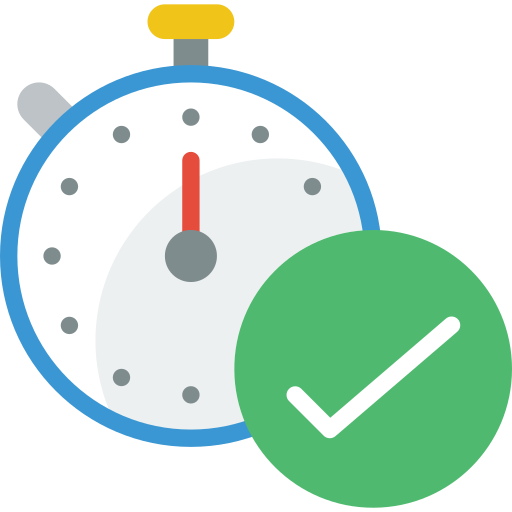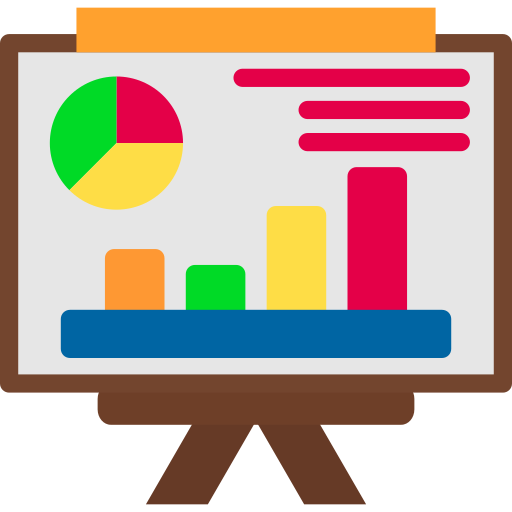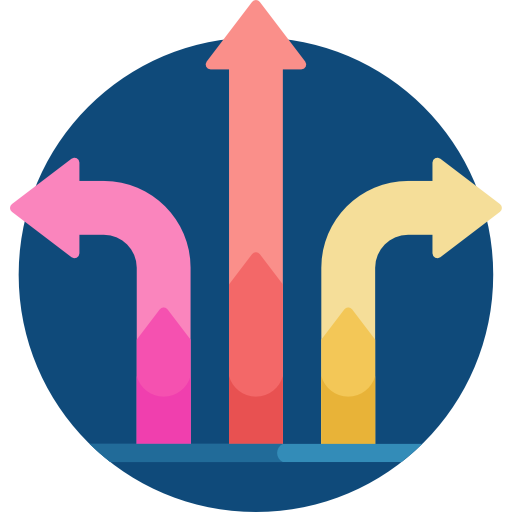Build Your Best Career From Free Online Courses with Certificates
- Get Trained by Trainers from IIT, ISB & IIM
- 184+ Hours of Live Classroom or Online Sessions
- 3 Capstone Live Projects
- Free Life-Time eLearning Access
- Dedicated Program Coordinator
- Re-attend Module with No Extra Cost
- 100% Free Internship
- 100% Job Placement Assurance
Best Certification Courses
Data Science Training
AI Certification
Data Analytics Courses
Data analytics refers to the process of examining and interpreting large and complex data sets to uncover patterns, trends, and insights that can inform decision-making. It involves the use of various techniques such as statistical analysis, data mining, and machine learning to extract meaning from raw data. One example of data analytics in practice is in the field of marketing. Marketers may use data analytics to analyze customer behavior and preferences, which can help them develop more effective marketing strategies. By analyzing data from customer transactions, social media activity, and other sources, marketers can identify trends and patterns that can inform their marketing campaigns and help them reach their target audience more effectively.
Another example of data analytics is in the field of finance. Financial analysts may use data analytics to analyze market trends and make predictions about future stock prices or other financial indicators. Overall, data analytics is a powerful tool for extracting insights and making informed decisions across a wide range of fields and industries.
One Data Analytics Programs
One example of data analytics in practice is in the field of healthcare. Healthcare organizations may use data analytics to analyze patient data and improve patient outcomes. By analyzing data from patient records, medical claims, and other sources, healthcare organizations can identify patterns and trends that can help them identify patients at risk of developing certain conditions or complications.
For example, data analytics can be used to predict the likelihood of a patient being readmitted to the hospital within a certain time frame after being discharged. By analyzing data such as the patient’s medical history, lab results, and demographic information, healthcare organizations can identify patients who are at higher risk of readmission and take steps to prevent it, such as providing follow-up care or monitoring the patient more closely after discharge.
Data analytics can also be used to identify best practices in healthcare delivery and to optimize resource allocation. By analyzing data on patient outcomes and treatment costs, healthcare organizations can identify areas where they can improve efficiency and reduce costs, while still maintaining high-quality patient care. Overall, data analytics has the potential to revolutionize the healthcare industry, enabling providers to deliver more effective and efficient care, while also improving patient outcomes.
What Will You Learn?
Learning data analytics typically involves gaining knowledge and skills in several areas, including:
Data collection and storage: Understanding how to collect and store data in a way that is structured, organized, and efficient is a fundamental part of data analytics. This may involve learning about databases, data warehouses, and data lakes.
Data manipulation and cleaning: Raw data often contains errors, inconsistencies, and missing values. Data analysts need to know how to clean and manipulate data to prepare it for analysis. This may involve using tools like Python, R, or SQL.
Data analysis and visualization: Once data is cleaned and prepared, analysts can begin to analyze it using statistical methods and machine learning algorithms. This may involve creating visualizations and dashboards to help communicate insights from the data.
Domain knowledge: To be an effective data analyst, it’s important to have a deep understanding of the domain or industry in which the data is being analyzed. For example, a healthcare data analyst should have knowledge of medical terminology, procedures, and regulations.
Communication and presentation skills: Finally, data analysts need to be able to communicate their findings effectively to stakeholders who may not have a technical background. This may involve creating presentations, reports, and visualizations that are clear, concise, and persuasive.
Overall, learning data analytics involves gaining knowledge and skills in these areas, as well as a passion for problem-solving and a curiosity to explore and analyze data to uncover insights and make data-driven decisions.
Data Analytics Course Objectives
The specific objectives of a data analytics course may vary depending on the level of the course (beginner, intermediate, or advanced) and the specific focus of the course (such as healthcare analytics, business analytics, or financial analytics). However, here are some common objectives of data analytics courses:
Understanding the data analytics process: Students should gain an understanding of the process of data analytics, including data collection, data cleaning, data analysis, and data visualization.
Learning data manipulation techniques: Students should learn techniques for cleaning and manipulating data using tools like Excel, SQL, and Python.
Developing statistical and analytical skills: Students should learn statistical methods and analytical techniques for analyzing data, including hypothesis testing, regression analysis, and machine learning.
Learning data visualization skills: Students should learn how to create effective visualizations to communicate insights from data using tools like Tableau, Power BI, or ggplot.
Understanding the role of data analytics in decision-making: Students should gain an understanding of how data analytics can be used to inform decision-making in various fields, such as business, healthcare, finance, and marketing.
Developing critical thinking and problem-solving skills: Students should learn how to apply data analytics to solve real-world problems, and develop critical thinking skills to evaluate the validity of their analyses.
Enhancing communication and presentation skills: Students should develop skills in communicating their data analytics findings effectively to stakeholders, including creating presentations, reports, and visualizations.
Overall, the objectives of a data analytics course are to equip students with the knowledge and skills needed to analyze data, derive insights from it, and make data-driven decisions.

680+
Hours of Learning

12485
Happy Stuents

8
International Certificates
Features

Real-time Experts and Trainers
Real-time experts are professionals who have extensive experience working in a particular field or industry. When it comes to training, having a real-time expert as a trainer can be highly beneficial because they can provide practical insights, tips, and advice that are directly relevant to the learners’ work or projects.

Live Project
A live project is a project that is executed in real-time and involves working with real clients or stakeholders. It is an opportunity for learners or students to apply their theoretical knowledge and practical skills to a real-world scenario, thus gaining valuable experience and enhancing their employability.

Certification
Certification refers to the process of issuing a credential or a certificate to an individual, indicating that they have demonstrated a certain level of knowledge, skills, or competence in a particular field or industry. Certifications are usually awarded by professional organizations, academic institutions, or industry associations.

Affordable Price
Affordability is a key consideration for many individuals when seeking education or training opportunities. It is important to find a program or course that is priced reasonably and offers good value for the money spent. Here are some factors that can contribute to an affordable price for education or training.

Flexibility
Flexibility is an important consideration for many individuals when seeking education or training opportunities. It allows learners to balance their education or training with other responsibilities, such as work, family, or personal commitments. Here are some factors that contribute to flexibility in education or training.

Placement Support
Placement support is an important consideration for many individuals when choosing an education or training program. It refers to the assistance provided by a program or institution in helping graduates find employment or advance their careers. Here are some factors that can contribute to effective placement support.

We are tied up with 150+ companies (Deloitte, IBM, Panasonic, IBS, etc.) to provide 100% Job Placement Assurance
Get your data science certification from the technology leader in the industry - IBM

What Our Learners Have To Say About Us
Vijay sir taught us Python and SQL. Sessions were very interactive and very well understood. Got clear understanding on concepts.

Training was excellent with good interaction. Knowledge sharing is good. Also I was very Thankful and Grateful to have "Rachna Kumbha" Mam as my mentor, She is so humble and Clear all of your doubts very calmly. Overall Everything was best, You won't even know when the course get completed. It's that effortful.





